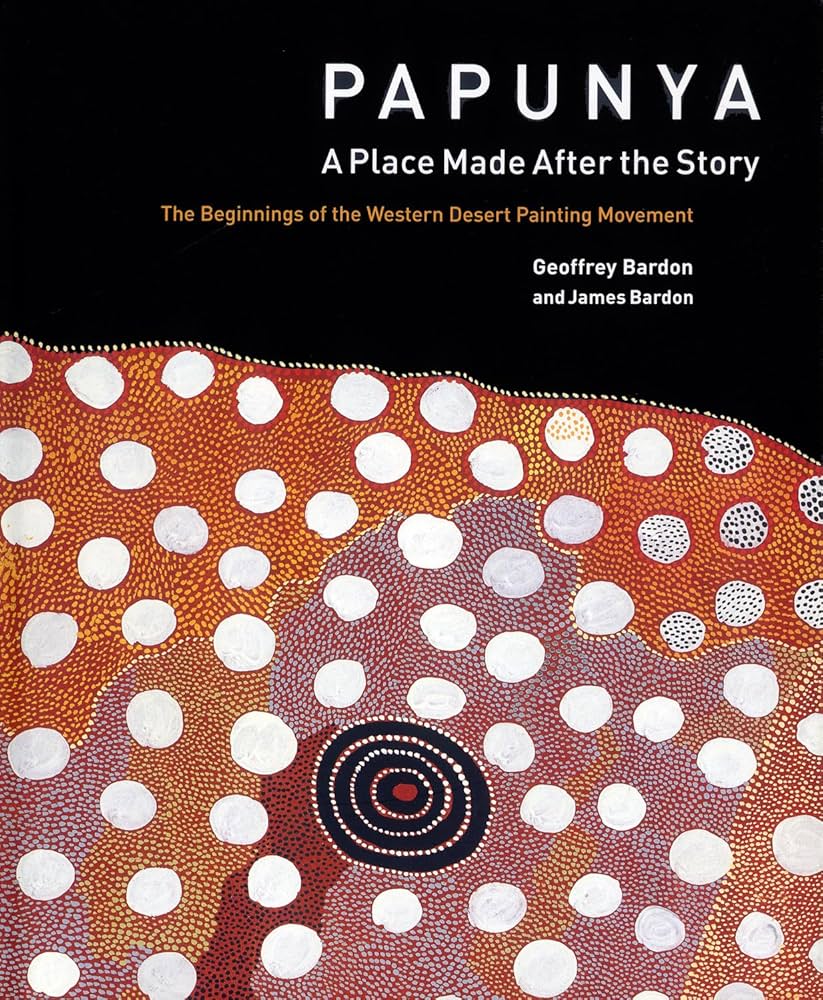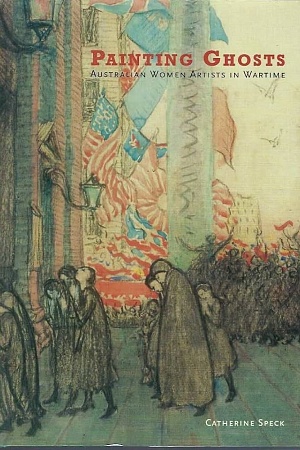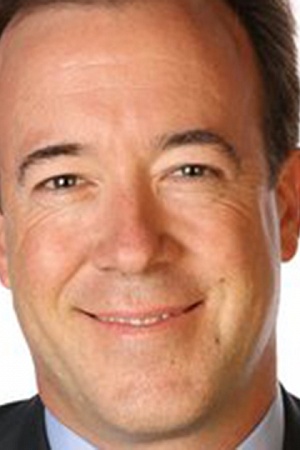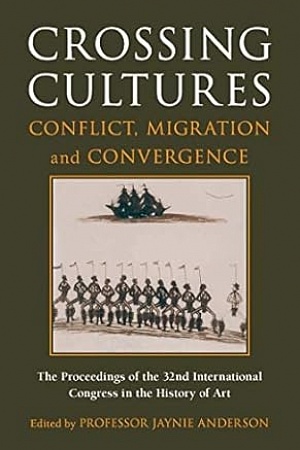Papunya: A place made after the story: The beginnings of the Western Desert painting movement
MUP, $120hb, 552pp, 0 522 85 110 X
The Art Master
Geoffrey Bardon spent just two and a half years, from the start of 1971 until mid-1973, at Papunya, 200 kilometres west of Alice Springs. While he was there, teaching art and craft as well as social studies, Aboriginal art changed. A group of Aboriginal men began painting with Western materials, transferring versions of their traditional sand designs onto boards in a way they had not before, or not in that quantity. One of the biggest questions about Bardon is how much he mattered to this new art – at crudest, would Papunya painting have happened without him?
It is a question which can be asked of many types of new art. How much initiative lies with the artists, how much with their mentors, dealers, agents, promoters and agents? Who selects particular subjects, who decides the scale of the work, who chooses the materials? These questions are ones of power as well as of creativity. Yet in the context of Aboriginal art, these questions almost always acquire another inflection. They become questions of race relations – of acknowledging, if not lauding, the white contribution to black art.
Continue reading for only $10 per month. Subscribe and gain full access to Australian Book Review. Already a subscriber? Sign in. If you need assistance, feel free to contact us.











Leave a comment
If you are an ABR subscriber, you will need to sign in to post a comment.
If you have forgotten your sign in details, or if you receive an error message when trying to submit your comment, please email your comment (and the name of the article to which it relates) to ABR Comments. We will review your comment and, subject to approval, we will post it under your name.
Please note that all comments must be approved by ABR and comply with our Terms & Conditions.